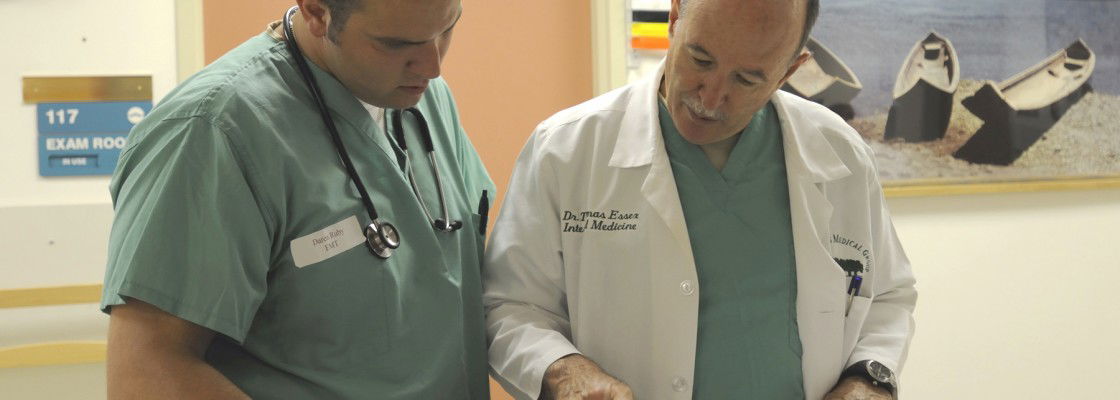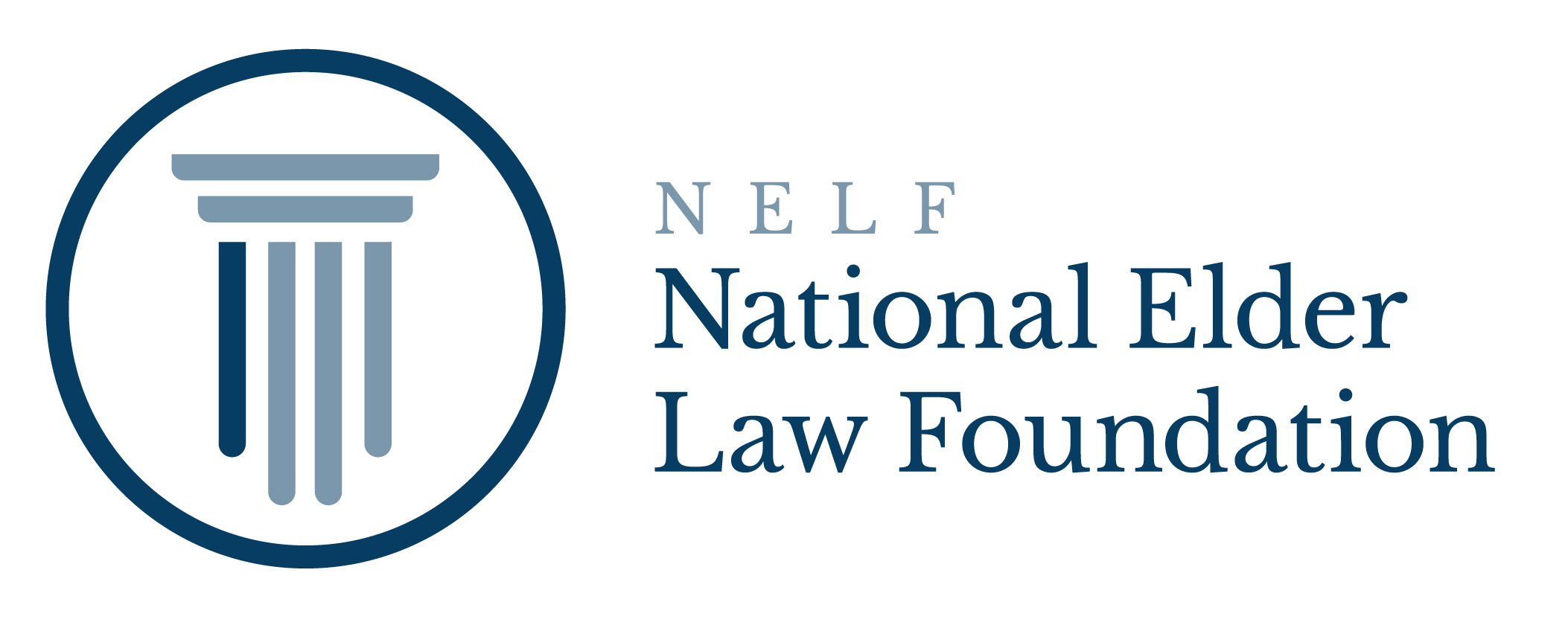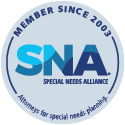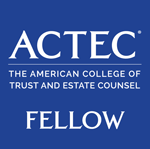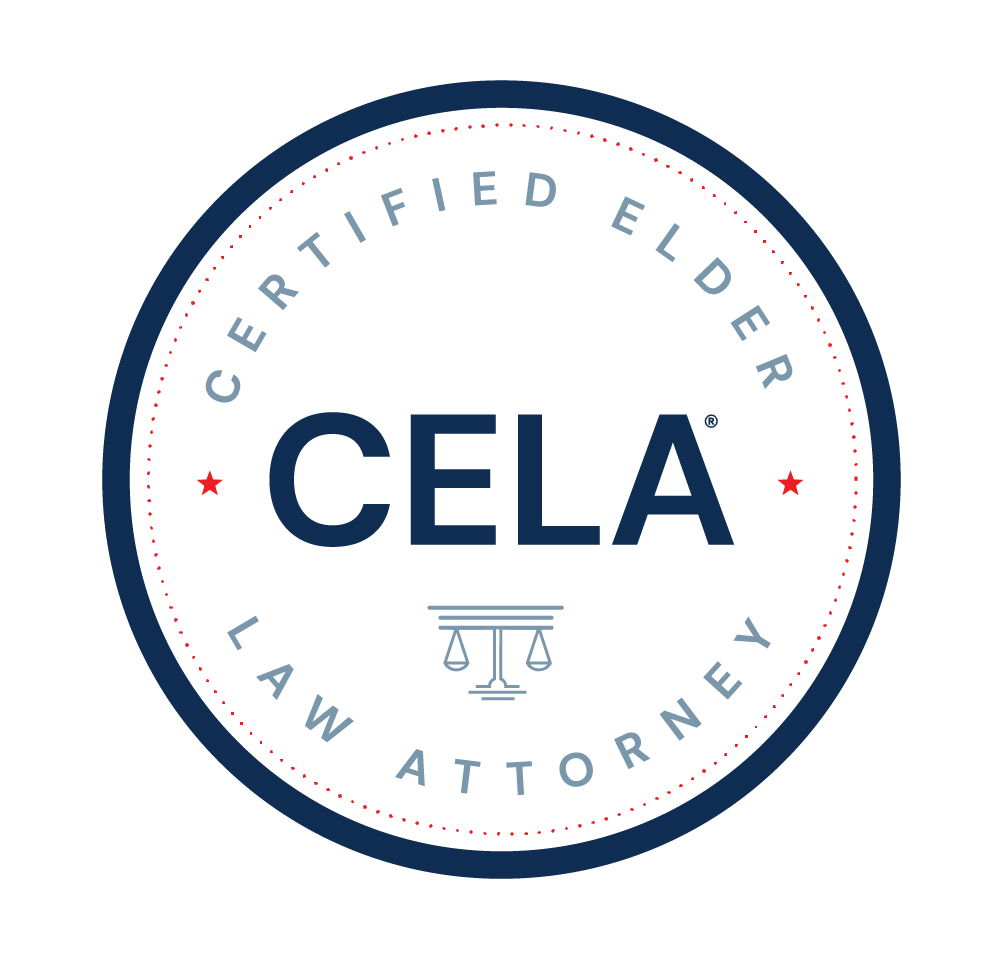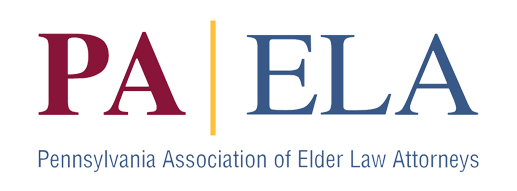Benefit Programs for Seniors, Individuals with Disabilities and Their Families
1.PACE and PACENET
PACE and PACENET offer comprehensive prescription coverage to older Pennsylvanians, and cover most prescription medications, including insulin, syringes and insulin needles. These programs do not cover over-the-counter medicines, medical equipment or doctor, hospital, dental or vision services. There is no application fee to enroll in the program.
Contact: For information or assistance with the application process, call PACE/PACENET Cardholder Services toll free at 1-800-225-7223 or Pennsylvania Department of Aging at aging@state.pa.us.
PACE – Who is eligible:
To be eligible for PACE, you must be 65 years of age or older, a Pennsylvania resident for at least 90 days prior to the date of application, and you cannot be enrolled in the Department of Public Welfare’s Medicaid prescription benefit.
Eligibility is also determined by your previous calendar year’s income. For a single person, your total income must be $14,500 or less. For a married couple, your combined total income must be $17,700 or less.
Once you are enrolled in the PACE program, a benefit card will be sent to you, and you will pay no more than$6 for each generic prescription medication andno more than $9 for each brand name prescription at your pharmacy. These copayments are based on a 30-day supply.
PACENET – Who is eligible:
To be eligible for PACENET, you must be 65 years of age or older, a Pennsylvania resident for at least 90 days prior to the date of application, and you cannot be enrolled in the Department of Public Welfare’s Medicaid prescription benefit.
PACENET’s income limits are slightly higher than those for PACE. Eligibility is based on the previous calendar year’s income. A single person’s total income can be between $14,500 and $23,500. A couple’s combined total income can be between $17,700 and $31,500. Once you are enrolled in the PACENET program, a benefit card will be sent to you.
PACENET cardholders that do not enroll in a Part D plan will paya nominal deductible each month at the pharmacy, which will be calculated throughthe cost of their medications. If thedeductible is not met each month, it will accumulate. In addition, the individual will pay no more than $8 for each generic prescription medication and no more than $15 for each brand name.
PACENET cardholdersenrolled in one of the program’s partnerPart D plans will pay the Part D premium at the pharmacy each month, which will be calculated through the cost of the medications. PACENET cardholders enrolled in a Part D plan that is not one of the program’s partner plans will pay the Part D premium directly to the Part D plan. In addition, they will pay no more than the PACENET co-payments of $8 for each generic prescription medication and $15 for each brand name.
2. Drug Assistance Programs from Pharmaceutical Companies
Most pharmaceutical companies run programs aimed to facilitate the accessibility to needed medications for patient who are in financial difficulties and are not eligible for coverage through Medicare, Medicaid or private insurance. These programs have different requirements and require the physician to register the patient. A complete Directory of Prescription Drug Patient Assistance Programs is available on the Pharmaceutical Research and Manufacturers of America web site (www.phrma.org). In addition, you may call the company that makes the drug you need assistance on and inquire about the procedure necessary in your case.
3. Medicare Premiums and Deductibles for 2011
Part A: (Hospital Insurance) Premium
- Most people do not pay a monthly Part A premium because they or a spouse has 40 or more quarters of Medicare-covered employment.
- The Part A premium is$248.00 per month for people having 30-39 quarters of Medicare-covered employment.
- The Part A premium is $450.00 per month for people who are not otherwise eligible for premium-free hospital insurance and have less than 30 quarters of Medicare-covered employment.
Part B: (Medical Insurance) Premium
Most beneficiaries will continue to pay the same $96.40 or $110.50 premium amount in 2011. Beneficiaries who currently have the Social Security Administration (SSA) withhold their Part B premium and have incomes of $85,000 or less (or $170,000 or less for joint filers) will not have an increase in their Part B premium in 2011.
For all others, the standard Medicare Part B monthly premium will be $115.40 in 2011, which is a 4.4% increase over the 2010 premium. The Medicare Part B premium is increasing in 2011 due to possible increases in Part B costs. If your income is above $85,000 (single) or $170,000 (married couple), then your Medicare Part B premium may be higher than $115.40 per month. Additional information about the higher premiums can be found at this link: https://questions.medicare.gov/app/answers/detail/a_id/2306/session/L2F2LzEvc2lkL0NmNzVfRGxr
Deductible and Coinsurance Amounts for 2011
Part A: (pays for inpatient hospital, skilled nursing facility, and some home health care)
For each benefit period Medicare pays all covered coss except the Medicare part A deductible (2011 = $1,132) during the first 60 days and coinsurance amounts for hospital stays that last beyond 60 days and not more than 150 days.
For each benefit period you pay:
- A total of $1,132 for a hospital stay of 1-60 days.
- $283 per day for days 61-90 of a hospital stay.
- $566 per day for days 91-150 of a hospital stay (Lifetime Reserve Days).
- All costs for each day beyond 150 days
Skilled Nursing Facility Coinsurance
- $141.50 per day for days 21 through 100 each benefit period.
Part B: (covers Medicare eligible physician services, outpatient hospital services, certain home health services, durable medical equipment)
- $162.00 per year. (Note: You pay 20% of the Medicare-approved amount for services after you meet the $162.00 deductible.)
4. Medicare Savings Programs
Medicare Savings Programs can help pay for:
Medicare Part B and A premiums
Medicare Part B and A deductibles and coinsurance
Income limits:
$1,239 per year for single individuals or $1,660 for married and living together couples
Resource limits:
$8,100 for single individuals or $12,190 for married and living together couples. The house and one car are not countable for purposes of the resource test.
To apply for help with Medicare costs, contact your local County Assistance Office. To get the local phone number or learn more about Medicare Savings Programs call 1-800-633-4227.
Extra Help with Medicare Prescription Drug Costs can help pay for:
Medicare Part D premiums
Medicare Part D deductibles and coinsurance
Income limits:
$1,354 per year for single individuals or $1,821 for married and living together couples
Resource limits:
$12,510 for single individuals or $25,010 for married and living together couples. The house and one car are not countable for purposes of the resource test.
To apply for Extra Help visit www.socialsecurity.gov or call 800-325-0778.
5. Medicaid Coverage for Nursing Facility Care and Home and Community Based Care
Medicaid is a joint state and federal funded program that was established in 1965 under the Title XIX of the Social Security Act, codified at 42 U.S.C. § 1396, et. seq. The Pennsylvania statutory law for the program is found at 62 P.S. § 444.1, et. seq. The Pennsylvania regulations for eligibility and procedures are at 55 P.A. Code §100-275. The intent of the Medicaid program is to provide assistance to persons who qualify based financial need and medical need. It is a welfare program and is means tested.
At the Federal level, the Medicaid program is administered through the Centers for Medicare and Medicaid Services (CMS). At the state level, the Medicaid program is administered through Department of Public Welfare’s local County Assistance Offices (CAO). Caseworkers at the local County Assistance Offices review Resource Assessments and Medical Assistance applications. They manage the applicants’ files and make determinations of eligibility
To qualify for Medicaid, an individual must meet the following requirements:
- U.S. Citizen/resident alien (42 U.S.C §1382c(a)(3)(B)).
- Resident of Pennsylvania (42 C.F.R. 435.403, 435.406).
- 65 years of age or disabled or blind.
- Applicant must require nursing facility care.
- Financially eligible, meaning countable resources must not exceed $2,000.00, $2,400.00 or $8,000.00 depending upon income level. This limit is tied to the federal poverty index and therefore changes annually. Currently, individuals with monthly income of $2,022.00 per month or less are able to have up to $8,000.00 in resources. Individuals with income exceeding that amount cannot have countable resources in excess of $2,400.00.
Some other relevant figures:
Monthly Personal Needs Allowance: $45
Maximum Community Spouse Resource Allowance: $109,560
Minimum Community Spouse Resource Allowance$ 21,912
Minimum Monthly Maintenance Needs Allowance: $1,822 (will increase to $1,838.75 on 7/1/11)
Maximum Monthly Maintenance Needs Allowance: $2,739
6. VA Aid and Attendance
Aid and Attendance (A&A) is a benefit paid in addition to monthly pension. According to the VA website, you may be eligible for pension if:
- you weredischarged from service under conditions other than dishonorable,
AND - you servedat least 90 days of active military service 1 day of which was during awar time period. If you entered active duty afterSeptember 7, 1980, generally you must have served at least 24 months orthe full period for which called or ordered to active duty. (There are exceptions to this rule),
AND - yourcountable family income is below a yearly limit set by law AND
- you are age65 or older, OR, you are permanently and totally disabled, notdue to your own willful misconduct.
According to the Veteran’s Administration’s website, a veteran may be eligible for A&A when:
- The veteran requires the aid of another person in order to perform personal functions required in everyday living, such as bathing, feeding, dressing, attending to the wants of nature, adjusting prosthetic devices, or protecting himself/herself from the hazards of his/her daily environment, OR,
- The veteran is bedridden, in that his/her disability or disabilities requires that he/she remain in bed apart from any prescribed course of convalescence or treatment, OR,
- The veteran is a patient in a nursing home due to mental or physical incapacity, OR,
- The veteran is blind, or so nearly blind as to have corrected visual acuity of 5/200 or less in both eyes, or concentric contraction of the visual field to 5 degrees or less.
Housebound is paid in addition to monthly pension. Like A&A, Housebound benefits may not be paid without eligibility to pension. A veteran may be eligible for Housebound benefits when:
1. The veteran has a single permanent disability evaluated as 100-percent disabling AND, due to such disability, he/she is permanently and substantially confined to his/her immediate premises, OR,
2. The veteran has a single permanent disability evaluated as 100-percent disabling AND, another disability, or disabilities, evaluated as 60 percent or more disabling.
How to Apply for Aid and Attendance and Housebound: You may apply for Aid and Attendance or Housebound benefits by writing to the VA regional office having jurisdiction of the claim. That would be the office where you filed a claim for pension benefits.If the regional office of jurisdiction is not known, you may file the request with any VA regional office.
You should include copies of any evidence, preferably a report from an attending physician validating the need for Aid and Attendance or Housebound type care.
The report should be in sufficient detail to determine whether there is disease or injury producing physical or mental impairment, loss of coordination, or conditions affecting the ability to dress and undress, to feed oneself, to attend to sanitary needs, and to keep oneself ordinarily clean and presentable.
In addition, it is necessary to determine whether the claimant is confined to the home or immediate premises.
Whether the claim is for Aid and Attendance or Housebound, the report should indicate how well the individual gets around, where the individual goes, and what he or she is able to do during a typical day.
An application for benefits can be obtained at this link http://www.vba.va.gov/bln/21/pension/vetpen.htm#7 or by contacting the regional VA office at: 5000 Wissahickon Avenue, Philadelphia, PA19101; Phone: 800-827-1000
7. Supplemental Security Benefits
SSI makes monthly payments to people who have low income and few resources and are:
- Age65 or older;
- Blind;or
- Disabled.
Resource Limit: $2,000 for an individual and $3,000 for a couple
2011 Benefit Amounts
$674 individual
$1,011 eligible couple
More information can be found at this link: http://www.ssa.gov/pubs/11000.html#part2
8. Social Security Disability Insurance
Social Security pays benefits to people who cannot work because they have a medical condition that is expected to last at least one year or result in death. More information can be found at this link: http://www.ssa.gov/pubs/10029.html#part1
An adult disabled before age 22 may be eligible for child’s benefits if a parent is deceased or starts receiving retirement or disability benefits. The “adult child”—including an adopted child, or, in some cases, a stepchild, grandchild, or step grandchild—must be unmarried, age 18 or older, and have a disability that started before age 22.
9. Food Stamps
The Supplemental Nutrition Assistance Program (SNAP) is the new name for the Food Stamp program. SNAP benefits are used to buy food and help low-income households in Pennsylvania obtain more nutritious diets by increasing the food purchasing power at grocery stores and supermarkets for all eligible participants. If you do not have enough money to buy food for yourself and your family, you can receive a Pennsylvania Electronic Benefits Transfer (EBT) ACCESS Card. This card works like a bank debit card and allows you to make food purchases at grocery stores and supermarkets.
Eligibility is based on income, not resources. The application asks about resources, but resources are not factored in to the eligibility determination. If your income is less than or equal to the amount in the table below, you might qualify for SNAP. Because of changes to SNAP, most PA households are not subject to a net income limit, nor are the subject to any resource or asset limits. The best way to determine if your household will qualify for SNAP is to apply.
You can apply online at www.compass.state.pa.us, or for help applying call:
Philadelphia215-430-0556
Allegheny County 412-431-8963
Rest of the state800-634-2033
Income Limits for SNAP (Effective 10/1/09)
| Household Size |
Maximum Gross |
Maximum Gross Monthly Income for households w/ an elderly or disabled member |
|
1 |
$1,444 |
$1,805 |
|
2 |
1,943 |
2,429 |
|
3 |
2,442 |
3,052 |
|
4 |
2,941 |
3,675 |
|
5 |
3,440 |
4,299 |
|
6 |
3,939 |
4,922 |
|
7 |
4,438 |
5,545 |
|
8 |
4,937 |
6,169 |
|
9 |
5,436 |
6,793 |
10.Property Tax/Rent Rebate Program
The passage Taxpayer Relief Act provides assistance for seniors and disabled residents to help them remain in their homes and make ends meet through property tax relief. The income eligibility level for the Property Tax/Rent Rebate Program has been raised from $15,000 a year to $35,000 a year, excluding half of Social Security income, and the maximum rebate was increased from $500 to $650 for homeowners.
Claimants or spouses 65 years of age or older; widows or widowers 50 years of age or older; and the permanently disabled 18 years of age or older may qualify for the Property Tax/Rent Rebate Program. For more information, call 1-888-222-9190 or go to http://www.revenue.state.pa.us/ptrr/site/default.asp.
Homeowners now receive:
|
Income |
Maximum Rebate |
|
$0 to $8,000 |
$650 |
|
$8,001 to $15,000 |
$500 |
|
$15,001 to $18,000 |
$300 |
|
$18,001 to $35,000 |
$250 |
Renters now receive:
|
Income |
Maximum Rebate |
|
$0 to $8,000 |
$650 |
|
$8,001 to $15,000 |
$500 |
In addition, the law gives even more tax relief to the seniors in most need:
* Seniors who live in Philadelphia, Pittsburgh or Scranton, where local wage/income tax rates are very high, will not benefit from a local tax shift to lower taxes on top of the reduction offered by the state funded property tax relief. To ensure that seniors in these communities receive significant property tax relief, each senior household with income under $30,000 has its property tax rebate increase by an additional 50 percent.
* In addition, property tax rebates are increased by an additional 50 percent for senior households in the rest of state, so long as those households have incomes under $30,000 and pay more than 15 percent of income in property taxes.
11.Heating Assistance/LIHEAP
The Pennsylvania Low Income Home Energy Assistance Program (LIHEAP) helps low income people pay their heating bills through home heating energy assistance grants and crisis grants. You need not have an unpaid bill to receive home heating energy assistance. You can receive this money without being in the Cash Assistance program — a family of four with an annual income of up to $44,443 can qualify for assistance. No lien is placed on your property if you receive this help.
Who is Eligible
|
Household Size |
Income Limit |
|
1 |
$17,328 |
For more information, contact the LIHEAP hotline at 1-866-857-7095, Monday through Friday (individuals with hearing impairments may call the TDD number at 1-800-451-5886). http://www.dpw.state.pa.us/ServicesPrograms/LIHEAP/
12.Lifeline and Linkup
CONSUMER DISCOUNTS ON TELEPHONE SERVICE UNDER FEDERAL UNIVERSAL SERVICE PROGRAMS
http://www.lifeline.gov/lifeline_Consumers.html
Lifeline – Lifeline provides qualified consumers with a discount on monthly charges for their primary home phone line, even if it’s a cell phone. If you qualify for this program, Lifeline can save you at least $10 a month on your phone bills, depending on what state you live in and which phone company in your area provides this program. Some states provide more discounts to make local telephone service even more affordable. To determine if your state offers these additional discounts, contact your state’s public utility commission, www.naruc.org/commissions.cfm.
Link-Up – Link-Up lowers the cost eligible consumers pay for setting up new phone service at their home, including cell phone service. Link-Up pays up to $30.00 of a qualified consumer’s home phone startup fees (even if it’s a cell phone), not including the cost of the phone. Link-Up also lets consumers borrow up to $200 of set-up fees, interest-free, for up to one year.
Eligibility – For more information about participating telephone service providers in your area, go to www.lifelinesupport.org/li/low-income/lifelinesupport/browser/. Eligibility is income based. Total household income must be at or below 135% of the Federal Poverty Level.
| Number of People In Your Family |
Lower 48 / DC |
|
1 |
$14,702 |
|
2 |
$19,859 |
|
3 |
$25,016 |
|
4 |
$30,173 |
|
5 |
$35,330 |
|
6 |
$40,487 |
|
7 |
$45,644 |
|
8 |
$50,801 |
These income levels are based on January 2011, data from the Department of Health and Human Services (HHS).
13.Support Services Waivers through the Department of Public Welfare
Support Services Waiver programs provide funding for supports and services to help individuals remain in a home or community based setting. In Pennsylvania, the Department of Public Welfare administers 12 Medical Assistance/Medicaid waivers and the Long Term Care Capitated Assistance Program. More details about these programs can be found at: http://www.dpw.state.pa.us/ServicesPrograms/MedicalAssistance/SuppServWaivers/
Adult Autism Waiver Pennsylvania has been approved for a first-of-its-kind federal waiver program to provide home and community based services specifically for adults with autism.
Aging Waiver The Aging Waiver provides long-term care services to qualified older Pennsylvanians living in their homes and communities.
AIDS Waiver The AIDS Waiver provides home and community based services to eligible persons age 21 or older who have symptomatic HIV Disease or AIDS.
Attendant Care / Act 150 Information for mentally-alert Pennsylvanians with physical disabilities.
COMMCARE Waiver Home and community-based program developed for individuals who experience a medically determinable diagnosis of traumatic brain injury.
Consolidated Waiver for Individuals with Mental Retardation The Consolidated Waiver for Individuals with Mental Retardation provides services to eligible persons with mental retardation so that they can remain in the community.
Elwyn Waiver The Elwyn Waiver provides community based services to eligible persons who are deaf, blind or deaf and blind, and who reside in the Valley View Facility or another residence in Delaware County.
Independence Waiver The Independence Waiver provides services to persons with physical disabilities to allow them to live in the community and remain as independent as possible.
Infant, Toddlers, and Families Waiver This waiver provides services to children from birth to age three in need of Early Intervention services who would otherwise require the level of care provided in an Intermediate Care Facility (ICF).
LIFE (Living Independence for the Elderly) LIFE is a managed care program for frail elderly recipients who have been determined to need “nursing facility level of care” but wish to remain in their home and community as long as possible.
Michael Dallas Waiver The Michael Dallas Waiver provides services to eligible persons who are technology-dependent (i.e., requiring technology to sustain life or replace a vital bodily function).
OBRA Waiver The OBRA Waiver provides services to persons with severe developmental physical disabilities, such as cerebral palsy, epilepsy or similar conditions.
Person/Family Directed Support Waiver The Person/Family Directed Support Waiver provides services to eligible persons with mental retardation so that they can remain in the community.
14.Transition Health Care Checklist
The Pennsylvania Department of Health and their community partners recognized a gap in health services for youth with special health care needs. When these youth leave school, they transition from having different or no insurance coverage, from seeing pediatric specialists to searching for adult medical specialists, and from good coverage for medications to having to understand new systems for obtaining medicines. Working with the Pennsylvania Community on Transition State Leadership Team, agencies, and families, the Transition Health Care Checklist: Transition to Adult Living in Pennsylvaniawas created to guide youth, families, and professionals during this time of change. http://www.portal.state.pa.us/portal/server.pt/community/special_kids_network/14205/transition_health_care_checklist/558090
If you are unable to download a copy, you may obtain one by contacting the Pennsylvania Department of Health’s Family Health Nursing Services Consultants: Special Health Care Needs Consultants in your community by calling toll free 1-877-986-4550 or TTY 1-877-986-5432
15. Housing Assistance
Local public housing authorities administer housing assistance programs such as:
Public Housing: Provides affordable apartments for eligible low-income families, the elderly and persons with disabilities. Public housing is limited to low-income families and individuals. A local Housing Authority determines your eligibility based on: 1) annual gross income; 2) whether you qualify as elderly, a person with a disability, or as a family; and 3) U.S. citizenship or eligible immigration status.
HAs use income limits developed by HUD. HUD sets the lower income limits at 80% and very low income limits at 50% of the median income for the county or metropolitan area in which you choose to live. Income limits vary from area to area so you may be eligible at one HA but not at another. The HA serving your community can provide you with the income levels for your area and family size, or you can also find the income limits here on the internet.
http://www.huduser.org/portal/datasets/il.html
Housing Voucher Program (Section 8): Provides vouchers to eligible low-income and working families to pay for all or part of their rent.
The housing choice voucher program is the federal government’s major program for assisting very low-income families, the elderly, and the disabled to afford decent, safe, and sanitary housing in the private market. Since housing assistance is provided on behalf of the family or individual, participants are able to find their own housing, including single-family homes, townhouses and apartments.
The participant is free to choose any housing that meets the requirements of the program and is not limited to units located in subsidized housing projects.
Housing choice vouchers are administered locally by public housing agencies(PHAs). The PHAs receive federal funds from the U.S. Department of Housing and Urban Development (HUD) to administer the voucher program.
